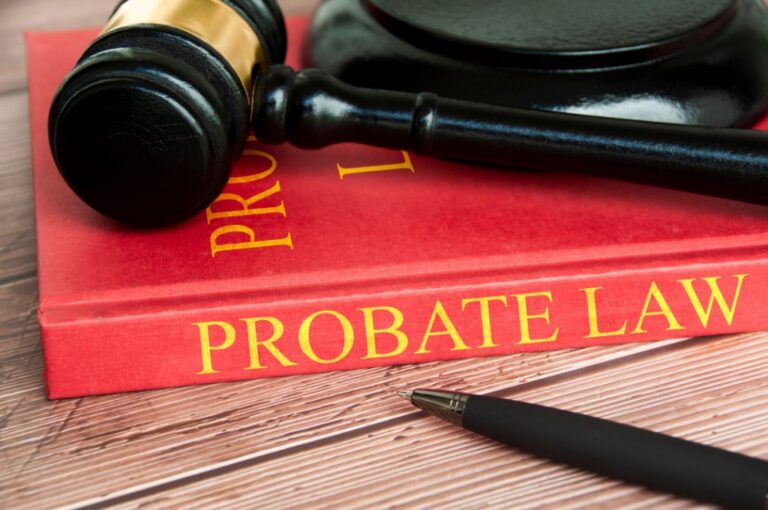In the first part of our estate planning series, we talked about how to prepare for incapacity by putting the right legal documents in place—things like a power of attorney, a living will, and healthcare directives. But if you’re incapacitated or need long-term care… who’s footing the bill?
That’s exactly what we cover in Episode 29 of the Good Steward Law and Wealth Podcast—the real cost of long-term care and the three ways to plan for it: private pay, long-term care insurance, or Medicaid.
Let’s break down the big ideas from the episode.
💰 Option 1: Private Pay
If you’ve saved diligently, you may be able to afford to pay for care outright. But the numbers might surprise you:
- In-home care or assisted living: $5,000/month
- Full-service nursing home: $10,000/month
That’s $120,000 per year, which can eat through your savings quickly.
But here’s the twist: medical expenses are tax-deductible.
So instead of draining your after-tax brokerage accounts, Ledly suggests a smarter move—use IRA withdrawals to cover care. Even though IRA distributions are taxable, pairing them with medical deductions may cancel the tax out entirely. You could pull funds out of a parent’s IRA at a 0% or 10% tax bracket while avoiding having their kids inherit the IRA and pay 30%+ in taxes later.
👉 Pro tip: Tax-efficient withdrawals can mean more value stays in the family.
🛡️ Option 2: Long-Term Care Insurance
Traditional LTC insurance isn’t as popular as it once was, largely because of skyrocketing premiums. But modern hybrid policies—life insurance with LTC riders—offer more flexibility.
- ✅ Use it if you need care
- ✅ If not, it still pays out to your heirs
Still, Ledly gives a word of caution: these policies often require lots of paperwork and persistence to actually use. There’s even an industry of paid advocates just to help people file LTC claims.
🏛️ Option 3: Medicaid (a.k.a. Government Benefits)
This is where the real strategy comes in. Medicaid is a government program that can fully pay for long-term care—but only if your assets are structured correctly.
Here’s what most people get wrong:

- The nursing home doesn’t take your stuff. Medicaid does (through estate recovery).
- You can keep a house and a car, but your estate might be on the hook later.
- Proper deeds and planning can keep your house protected from Medicaid liens.
Ledly’s firm often helps clients reposition assets—through deeds, annuities, and trusts—to legally qualify for Medicaid without spending down everything.
“We’re not finding loopholes. We’re following the law as it was written—by people who wanted families to protect what they’ve earned.” – Ledly Jennings
What You Need to Know:
✅ Private pay is more tax-efficient than people think—if planned well
✅ Insurance is a tool—but not always the best fit
✅ Medicaid planning isn’t cheating—it’s strategic stewardship
✅ There are legal ways to protect your home
🎧 Want to hear the full breakdown?
Listen to Episode 29 of the Good Steward Law & Wealth Podcast here:
🔊 Listen Now
📺 Watch on YouTube
📅 Worried about long-term care draining your savings?
We can help you plan before it’s too late. Book a consultation at
👉 www.goodstewardfirm.com







